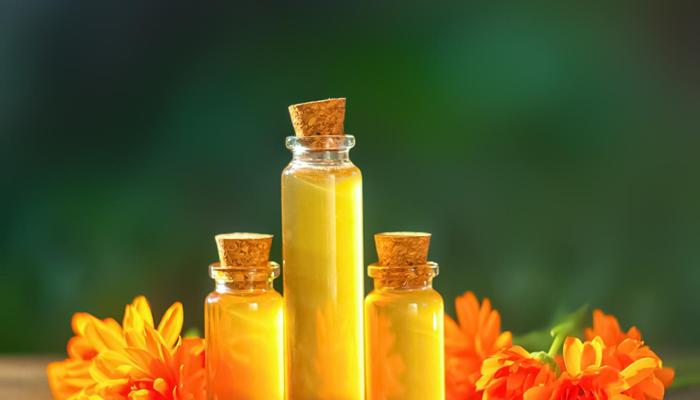Unlock the Power of Aromatherapy for Well-being: Dive into the Science of Scent's Impact on Your Health & Emotions
In the bustling cities and serene villages of India, we are surrounded by a symphony of smells.
From the fragrant spices in our kitchens to the earthy petrichor after the monsoon rains, scents play a vital, often unnoticed, role in our daily lives.
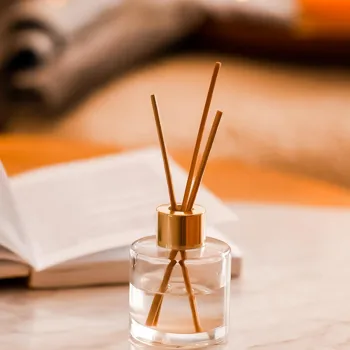
But beyond simply adding to our sensory experience, can these aromas actually impact our well-being? The ancient practice of aromatherapy suggests they can, and modern science is increasingly backing up these claims, revealing the fascinating connection between our noses and our brains.
Aromatherapy's ancient roots now backed by modern science
Aromatherapy, using concentrated plant extracts known as essential oils, has been practiced for centuries in various cultures. Egyptians used fragrant oils in mummification, while Ayurvedic medicine in India has long incorporated scents for healing and balancing the mind and body.

Think of the calming effect of sandalwood incense during meditation or the invigorating aroma of eucalyptus oil used to relieve congestion.
This isn't just folklore; researchers are now uncovering the complex mechanisms by which these scents influence our emotions, stress levels, and even physical health.
So, let's delve into the science behind why scents matter and how aromatherapy can be a valuable tool for enhancing our overall well-being.
Aromatherapy impacts emotions and memory through olfactory system
One of the primary ways aromatherapy works is through our olfactory system – the system responsible for our sense of smell. When we inhale an aroma, the scent molecules travel to the olfactory receptors in our nasal passages.
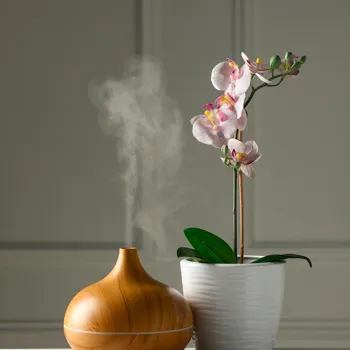
These receptors then transmit signals directly to the olfactory bulb, a part of the brain that processes smells. What's remarkable is that the olfactory bulb is directly connected to the amygdala and hippocampus, two brain regions deeply involved in emotions and memory.
This close connection explains why certain scents can trigger vivid memories or evoke strong emotional responses.
The smell of jasmine might remind you of your grandmother’s garden, instantly bringing a sense of comfort and nostalgia, while the scent of lemon can lift your spirits and increase alertness.
This direct pathway bypasses the rational part of our brain, leading to immediate and instinctive reactions to scents. The influence of aromatherapy therefore lies in triggering these inherent emotional and physiological changes.
Essential oils impact brain function and mood through neurotransmitters, aiding wellness
Furthermore, research indicates that essential oils can affect the nervous system, influencing the release of neurotransmitters like serotonin and dopamine, which play a critical role in regulating mood and promoting feelings of well-being.
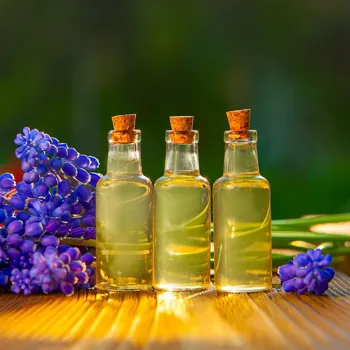
For instance, studies have shown that lavender oil can help reduce anxiety and promote sleep by increasing the levels of GABA, a neurotransmitter that inhibits nervous system activity.
Similarly, citrus scents like lemon and orange are known to be uplifting and energizing, possibly by stimulating the release of dopamine.
These findings suggest that aromatherapy isn't just about pleasant scents; it's about biochemically influencing our brain function to bring about specific physiological and psychological changes.
The beauty lies in harnessing the natural chemical properties of plants to impact our internal state positively, and this is an ongoing area of scientific exploration.
Aromatherapy boosts immunity by reducing stress and fighting infections
The benefits of aromatherapy extend beyond mood enhancement and stress reduction. Some essential oils possess antimicrobial properties, making them useful in combating infections and boosting immunity.
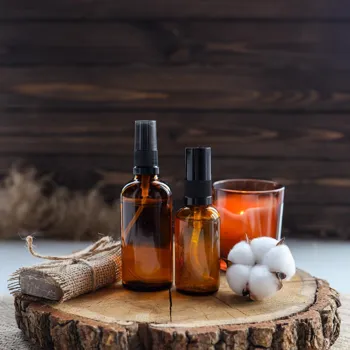
For example, tea tree oil is well-known for its antiseptic and antifungal properties and is often used to treat skin conditions like acne and athlete's foot. Eucalyptus oil, with its decongestant properties, can provide relief from respiratory ailments like coughs and colds.
In addition to their direct antimicrobial effects, certain aromas can also indirectly support the immune system by reducing stress. Chronic stress can weaken the immune system, making us more susceptible to illness.
By promoting relaxation and reducing stress hormones like cortisol, aromatherapy can help strengthen our body's natural defenses. The understanding of these protective and restorative roles makes aromatherapy a valued holistic way of complementing treatment.
Approach aromatherapy cautiously for safety and efficacy
However, it's important to approach aromatherapy with caution and awareness. Essential oils are highly concentrated and should always be diluted before applying them to the skin. Direct application can cause irritation, sensitization, or allergic reactions.
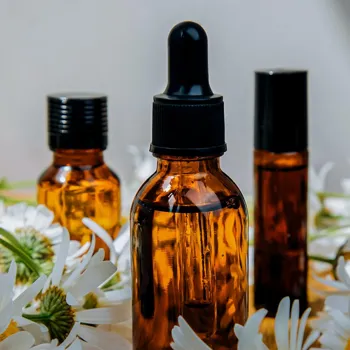
It's also crucial to use high-quality, pure essential oils from reputable sources to ensure you're getting the therapeutic benefits you're looking for. Poor quality oils may be adulterated with synthetic fragrances or other additives, which can reduce their effectiveness or even cause harm.
Additionally, it's always a good idea to consult with a qualified aromatherapist or healthcare professional, especially if you have any underlying health conditions or are taking medications. They can provide personalized recommendations and guidance on using essential oils safely and effectively.
Incorporate aromatherapy into daily life for relaxation and wellness
Aromatherapy can be easily incorporated into your daily routine in various ways. You can use an essential oil diffuser to fill your home with soothing or invigorating aromas.
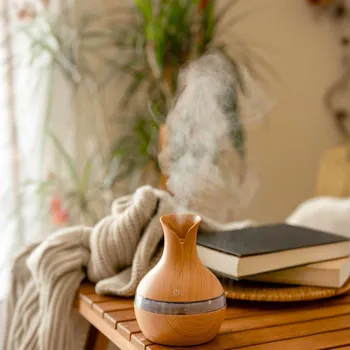
Add a few drops of essential oil to a warm bath for a relaxing soak, this is indeed the preferred method for de-stressing after a hectic work schedule. Dilute essential oils in a carrier oil, such as coconut or almond oil, and use them for massage.
Or, simply inhale directly from a bottle of essential oil for a quick mood boost. From adding a few drops of lavender oil to your pillowcase for better sleep to carrying a vial of peppermint oil to alleviate headaches, the possibilities are endless.
Experiment with different scents and find what works best for you.
Aromatherapy enhances well-being through scent-brain connection for holistic health
Ultimately, aromatherapy offers a holistic approach to well-being that taps into the powerful connection between our sense of smell and our brain function.

While it's not a substitute for conventional medical treatment, it can be a valuable complementary therapy for managing stress, improving mood, and promoting overall health. So, take a moment to appreciate the scents around you and consider how aromatherapy can enhance your life, naturally.
Embrace the fragrance of well-being and unlock the potential of scents to nourish your mind, body, and soul. The gentle whiff of a familiar aroma could indeed be the key to unlocking greater calm and harmony within.
